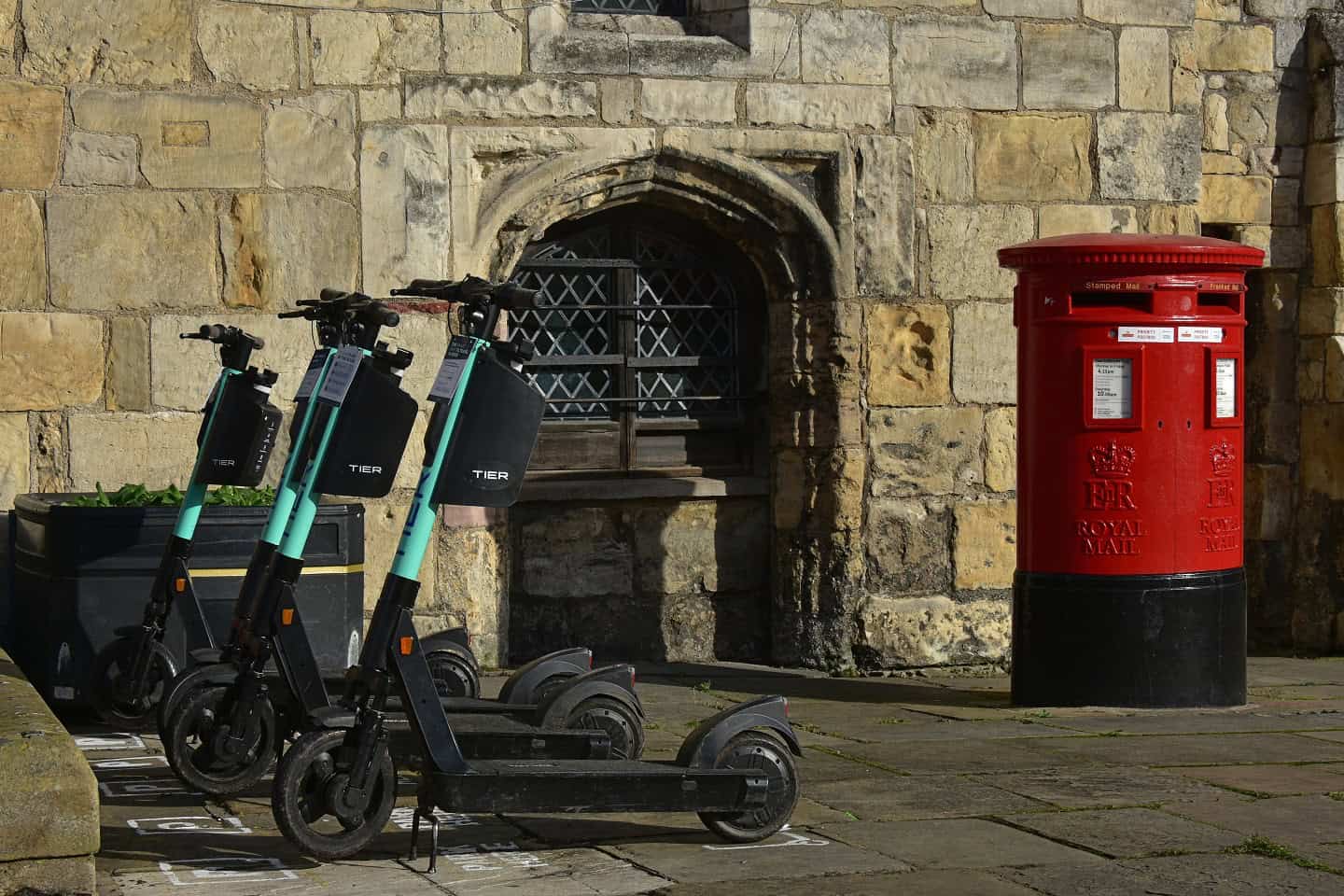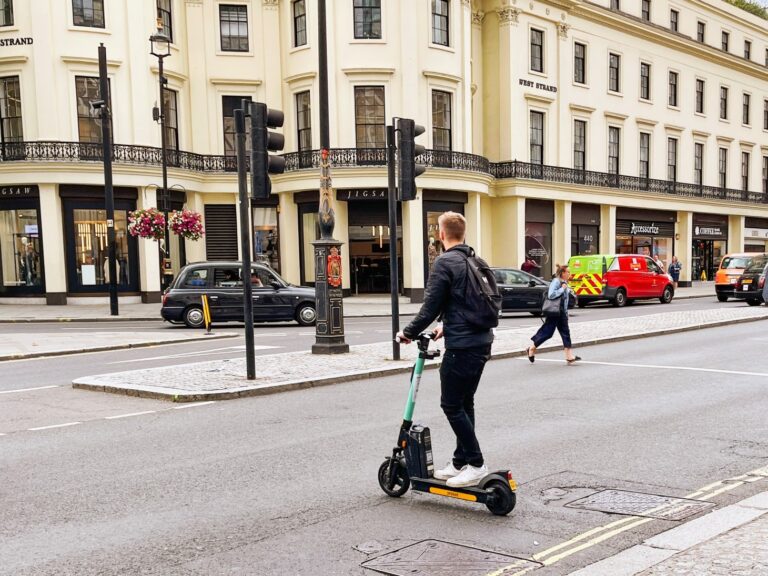
BBK Manifesto 2025: End confusion, fix the legal grey area on e-scooters
The Government must act without further delay to introduce clear legislation on e-scooters, BBK says.
After five years of trial schemes, repeated extensions and growing confusion for the public, it is no longer acceptable to leave riders, pedestrians and road users in legal uncertainty.
Earlier this year, the Government extended the trial period for rental e-scooters once again, this time until May 2028, making it the fifth extension since schemes began in 2020. In July 2025, new trial areas were approved, expanding the availability of rental e-scooters. Yet privately owned e-scooters remain illegal on public roads, creating a system that is confusing, inconsistent and unsafe.
The evidence gap
According to the Department for Transport, the justification for the latest extension is to “help fill evidence gaps and gather new learning around e-scooter safety, the impact of local area characteristics, and how e-scooters contribute to meeting new Government missions”.
The first Government evaluation report, published in December 2022, provided some insights into usage and public perceptions but little concrete data on safety outcomes or injury rates. A second evaluation, expected to give clearer findings on collisions and hospitalisations, has still not been published.
The UK is now one of the only countries where it is illegal to use a privately owned e-scooter on roads and in public spaces.
Confusion for the public
The repeated extensions without legislation are not just inconvenient but dangerous. The public is left confused by:
- A lack of consistent enforcement.
- Unclear rules that allow the legal sale of e-scooters but make their use on public roads illegal.
- The difference between rental e-scooters being permitted while privately owned e-scooters are not.
We know from our own work with injured clients and from past surveys that most people do not fully understand the rules around e-scooter use. This confusion undermines trust and leaves both riders and other road users at risk.
Safety concerns that cannot be ignored
There are further safety concerns that remain unaddressed. Rental schemes do not currently require helmets, even though head injuries are one of the most common outcomes of e-scooter collisions. The responsibility of retailers at the point of sale is also absent from the debate. Shops are able to sell e-scooters freely, often to young people, without providing clear information about the legal restrictions or the risks involved.
The need for a timeline and accountability
Rental trials have provided some valuable insights into geofencing, speed limits and operator responsibility, but they cannot substitute for a national framework. Without legislation, there is no clear path forward for addressing the far larger unregulated market of privately owned e-scooters.
It is no longer enough for the Government to state that it needs to gather more evidence. We need a clear timeline for legislation and a commitment to bring forward rules that address safety, education, insurance, and retailer obligations.
A call for change
Other European countries have already established workable legal frameworks for e-scooters. The UK must now follow suit. The longer legislation is delayed, the more accidents will occur and the more confused the public will become.
We are calling on the Government to introduce a clear plan that includes:
- A timeline for new legislation.
- A formal regulatory framework through the proposed LZEV category.
- Greater responsibility for retailers to inform buyers of the law.
- Stronger public education campaigns to end the confusion around what is and is not legal.
E-scooters are here to stay. It is time for the Government to move beyond endless trials and provide the clarity and protections that road users urgently need.
This blog is part of our 2025/26 Manifesto for Injured People. At Bolt Burdon Kemp, we support injured people not only by winning their cases but by driving change. Guided by our clients’ experiences and partnerships with charities across the UK, we are raising awareness of the change we need to see to better support injured people. We will continue working with politicians from all parties to ensure injured people’s needs are not overlooked in Westminster or beyond. You can read our full manifesto here.









